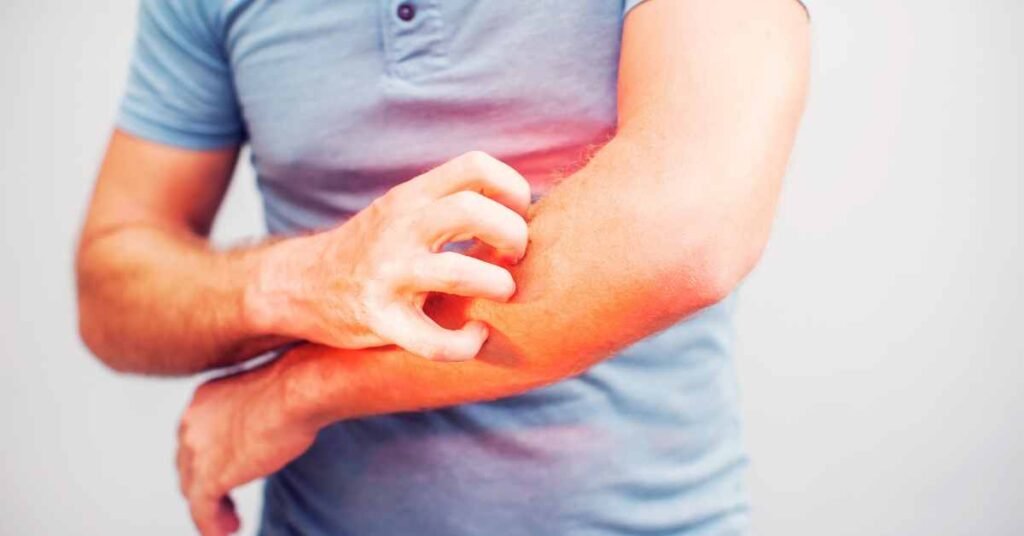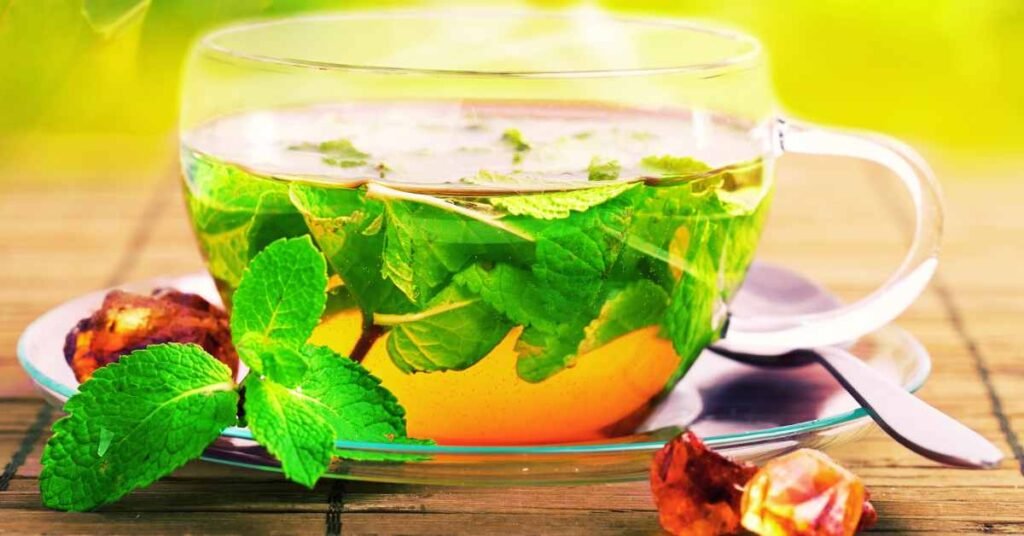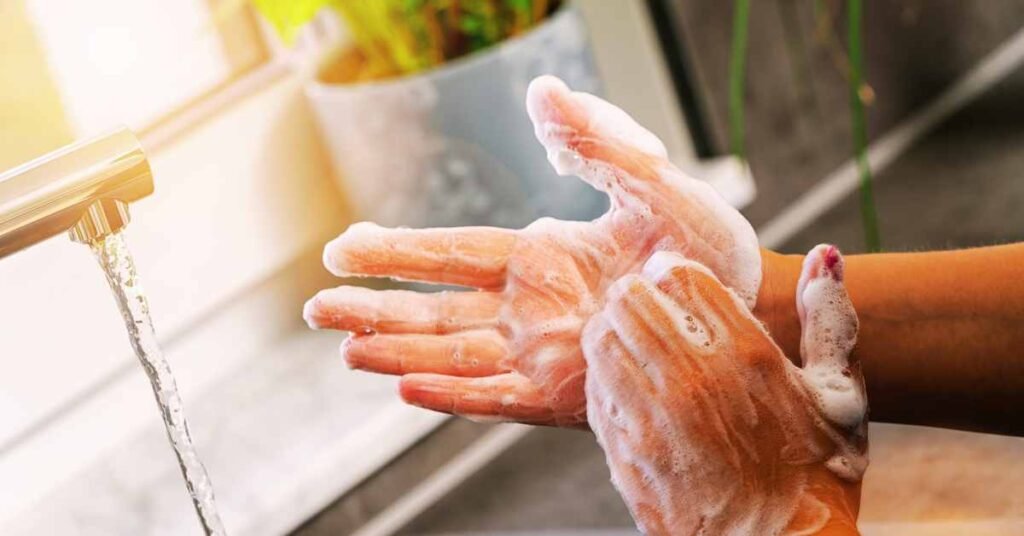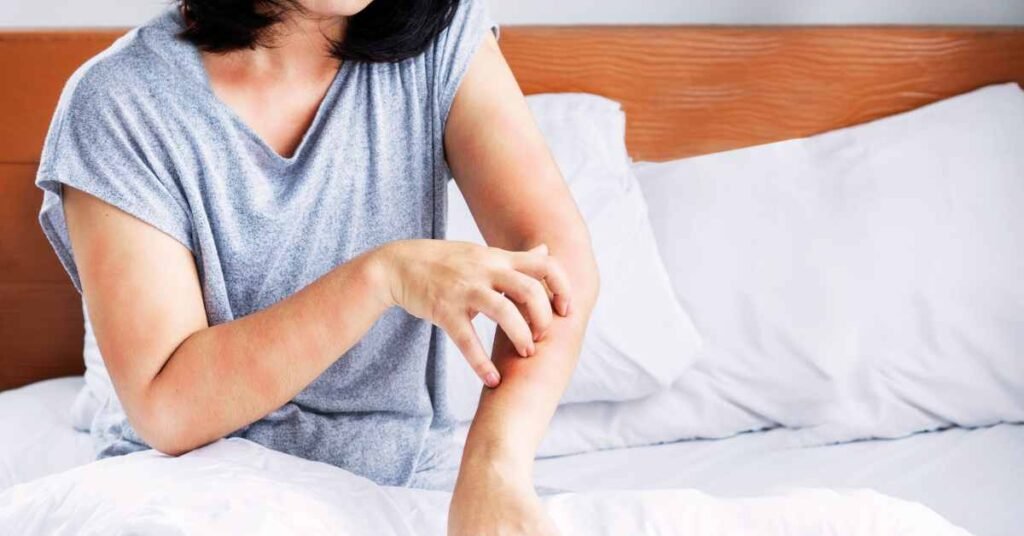An itchy bottom, also known as pruritus ani, can be an uncomfortable and embarrassing condition that affects many individuals.
While there are various causes for this discomfort, ranging from hygiene issues to underlying medical conditions, finding relief is a common goal.
One surprisingly effective and natural remedy for itchy bottom is tea.
In this article, we’ll explore the causes and symptoms of pruritus ani, delve into the different types of teas that can provide relief, and discuss additional measures to soothe and treat this bothersome condition.
Understanding Pruritus Ani

Pruritus ani refers to the itching around the anus and is often accompanied by redness, inflammation, and a persistent urge to scratch.
This condition can be caused by a variety of factors, including poor hygiene, excessive moisture, certain skin conditions, infections, and even dietary habits.
It’s essential to identify the root cause of pruritus ani to determine the most effective course of treatment.
Teas for Itchy Bottom
Chamomile Tea
Chamomile tea is renowned for its anti-inflammatory and soothing properties.
The chamomile plant contains compounds that can calm irritated skin, reduce inflammation, and promote healing.
Brewing a cup of chamomile tea and allowing it to cool before applying it to the affected area with a clean cloth can provide relief.
Witch Hazel Tea
Witch hazel is known for its astringent properties, making it an excellent choice for alleviating itching and inflammation.
When applied topically, witch hazel can help shrink swollen tissues and provide a cooling sensation. Soaking a cotton ball in cooled witch hazel tea and gently applying it to the affected area can be beneficial.
Peppermint Tea

Peppermint tea has natural analgesic properties that can numb the affected area, providing temporary relief from itching.
It also has a cooling effect, making it a soothing option for irritated skin. Drinking peppermint tea or applying cooled peppermint tea bags directly to the affected area may offer relief.
Green Tea
Green tea is rich in antioxidants and has anti-inflammatory properties. Applying cooled green tea bags or a cloth soaked in green tea to the affected area can help reduce inflammation and provide relief from itching.
Calendula Tea
Calendula, or marigold, is known for its anti-inflammatory and antimicrobial properties. Brewing calendula tea and using it as a topical compress can aid in healing and soothing irritated skin.
Treatment Strategies
Maintain Proper Hygiene
Ensuring good anal hygiene is crucial in preventing and treating pruritus ani. Regular cleansing with mild, fragrance-free soap and water is essential. Avoiding harsh or scented products can help prevent further irritation.
Dietary Considerations

Some foods may contribute to pruritus ani. Spicy foods, caffeine, and certain artificial additives can exacerbate symptoms. Maintaining a balanced diet and staying hydrated can positively impact overall skin health.
Clothing Choices
Wearing loose-fitting, breathable clothing can promote airflow and reduce moisture around the anal area. Avoiding tight underwear and fabrics that trap moisture can aid in preventing and managing pruritus ani.
Medical Consultation
Persistent or severe cases of pruritus ani may require medical attention. It’s important to consult with a healthcare professional to rule out underlying conditions such as infections, skin disorders, or gastrointestinal issues.
Final Word
Tea, with its diverse array of soothing and anti-inflammatory properties, can play a valuable role in the treatment of pruritus ani. However, it’s crucial to approach the condition holistically by addressing hygiene, dietary habits, and other contributing factors.
While teas can offer relief, consulting with a healthcare professional is essential for a comprehensive and personalized treatment plan.
With a combination of proper care, a balanced lifestyle, and the healing power of tea, individuals can find comfort and relief from the discomfort of an itchy bottom.
MEDICAL DISCLAIMER
Itsnevernotteatime.com cannot and does not contain medical/health advice. The medical/health information is provided for general and educational purposes only and is not a substitute for professional advice.




